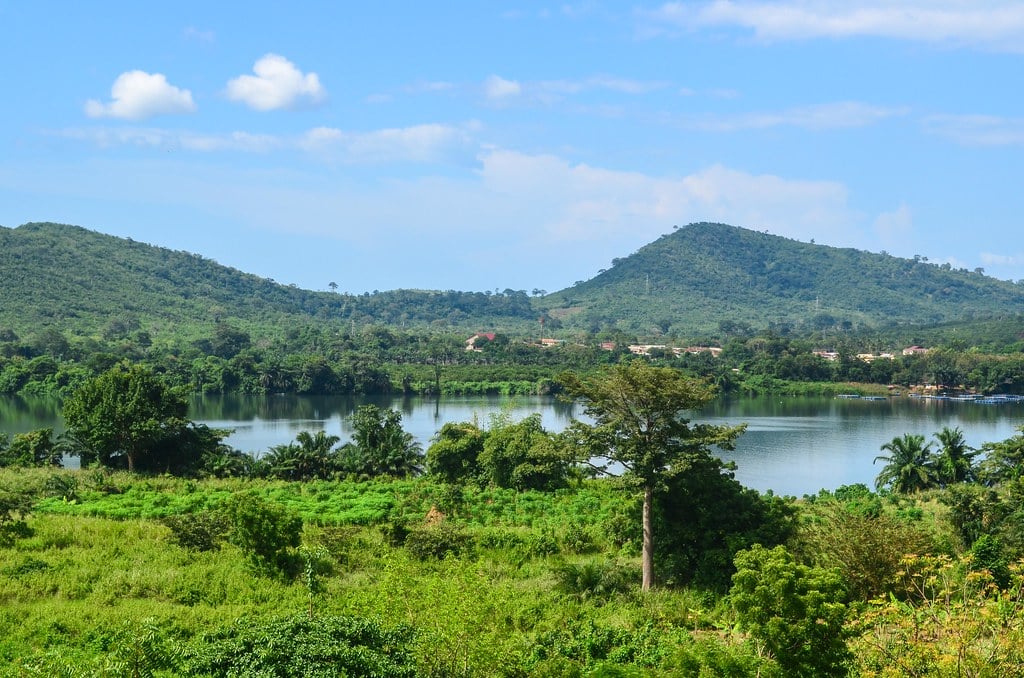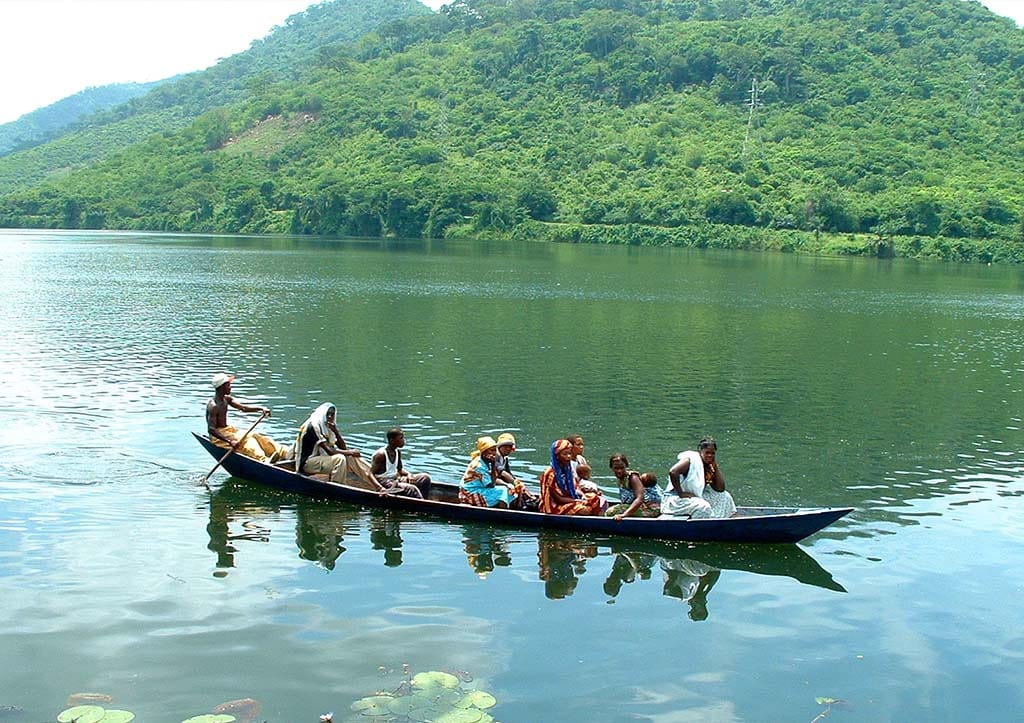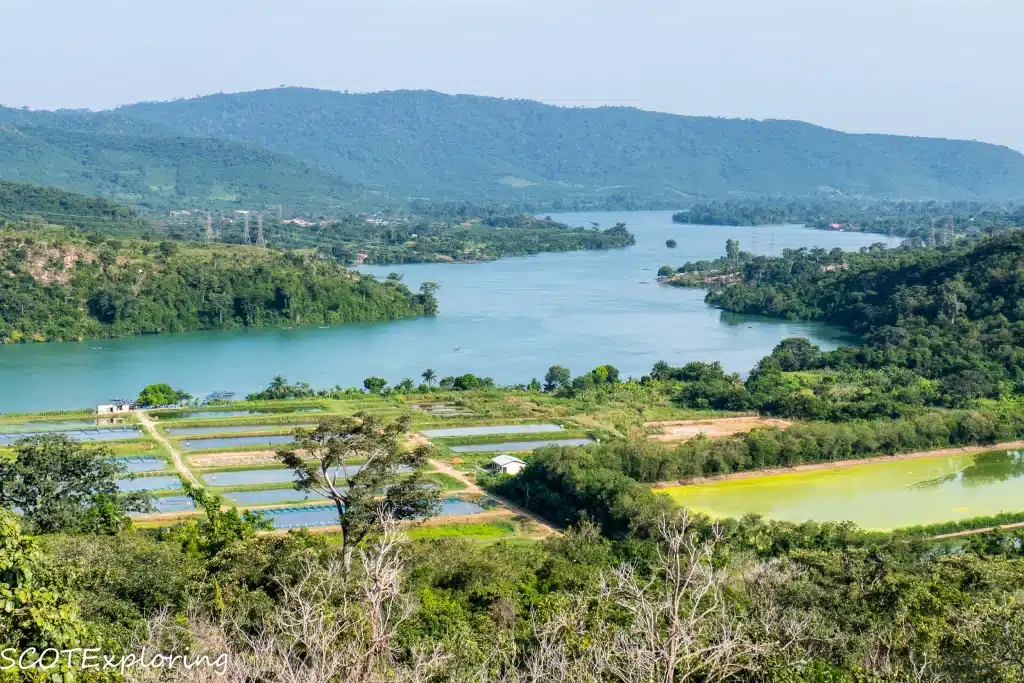Lake Volta is the largest man-made lake in the world, located in the Eastern Region of Ghana. The lake was created in the 1960s as part of a project to generate hydroelectric power for the country, and today it remains an essential source of electricity for Ghana.
History of Lake Volta
Lake Volta is a large reservoir formed by the Akosombo Dam in Southeastern Ghana. The construction of the dam and the creation of the lake was a significant engineering feat that had a profound impact on the region’s development.
Lake Volta was initiated by Ghana’s first President, Kwame Nkrumah, shortly after Ghana gained independence from British colonial rule in 1957. President Nkrumah saw the development of hydroelectric power and the creation of the lake as critical components of his vision for Ghana’s economic development and modernization.
The idea of constructing a dam on the Volta River to generate hydroelectric power and create a reservoir for irrigation and fishing dates back to the colonial period. In the 1940s and 1950s, several studies were conducted to assess the feasibility of the project, and in 1957, the newly independent Ghanaian government decided to move forward with the project.
Construction of the dam began in 1961, and it took six years to complete. The dam is a concrete gravity structure that stands 114 meters tall and 660 meters wide. The reservoir created by the dam, known as the Volta Lake, covers an area of over 8,500 square kilometers and is one of the largest man-made lakes in the world.
The creation of the lake also had significant social and environmental impacts. Over 80,000 people were displaced by the construction of the dam, and many communities were submerged by the rising waters of the lake. The dam also disrupted the natural flow of the Volta River, which had ecological consequences downstream.
Despite these challenges, Lake Volta remains a vital resource for Ghana and the surrounding region. The lake supports a thriving fishing industry and provides irrigation water for agriculture, which is essential for food security in the region. The hydroelectric power generated by the dam continues to play a critical role in the country’s economy, providing a reliable source of electricity for households and businesses.
Why visit Lake Volta?
Lake Volta offers many opportunities for outdoor recreation, making it a popular destination for both locals and tourists. The lake has become a hub for fishing, with a variety of fish species available, including tilapia, catfish, and Nile perch. Many local fishermen make their living by fishing on the lake, and visitors can join them for a unique and authentic experience.

Boating is also a popular activity on Lake Volta, with many operators offering boat tours and trips to explore the lake’s many islands and peninsulas. Visitors can also rent canoes and kayaks to explore the lake on their own, enjoying the peaceful and serene atmosphere.
For those who prefer to stay on land, Lake Volta offers many opportunities for hiking and trekking. The lake is surrounded by lush forests and rolling hills, making it an ideal destination for nature lovers. Hikers can explore the many trails that wind through the forests, and discover hidden waterfalls and breathtaking vistas along the way.

Overall, Lake Volta is a fascinating destination that offers a unique blend of natural beauty, cultural heritage, and recreational opportunities. Whether you’re a fisherman, a hiker, or a boater, there’s something for everyone at Lake Volta, making it a must-visit destination for anyone traveling to Ghana.
READ NEXT ON: Nzulezu: The village built on stilts






































